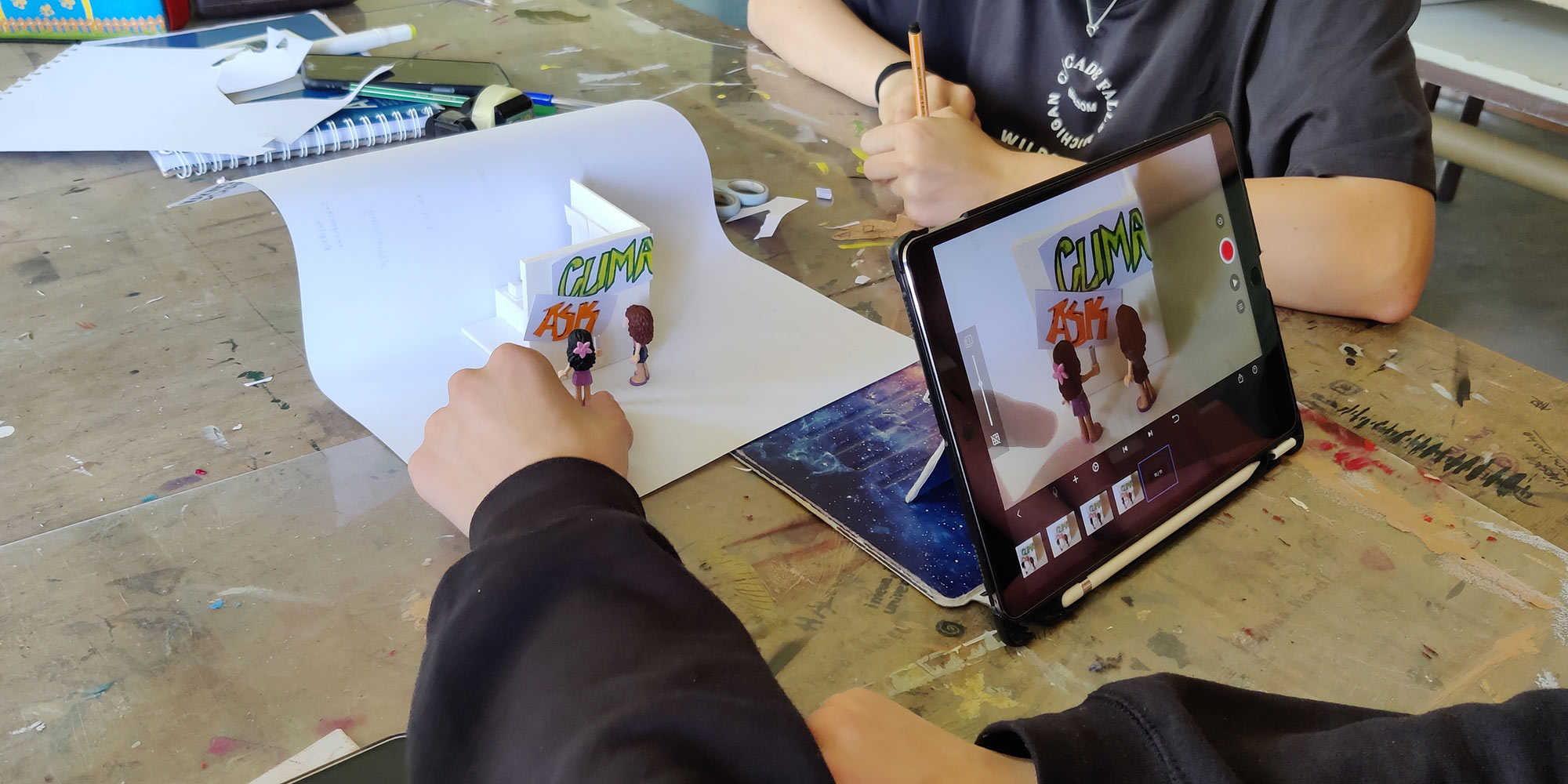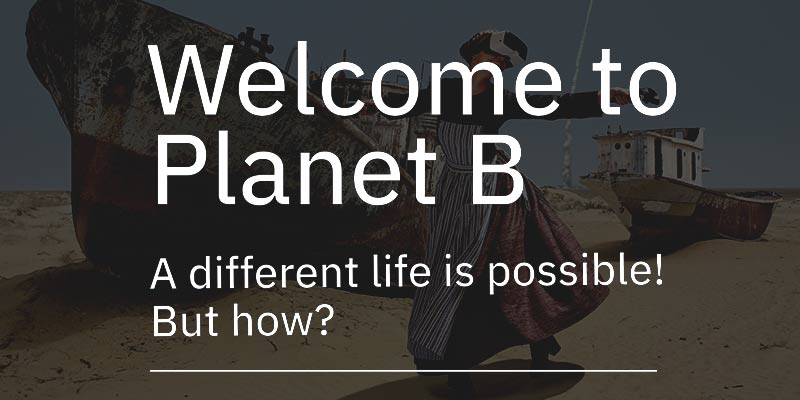OSHub: create your world TOUR showcases a selection of workshops recently developed and implemented primarily in virtual classrooms within the context of the Open Science Hub Network. In the create your world TOUR students and teachers have direct access to content that is currently of interest to artists and thinkers from the entire Ars Electronica network. Interactive methods, new technologies and materials and artistic positions are prepared for the classroom and dealt with there. A joint learning process is launched and a foundation laid for lasting inspiration for both learners and educators alike.
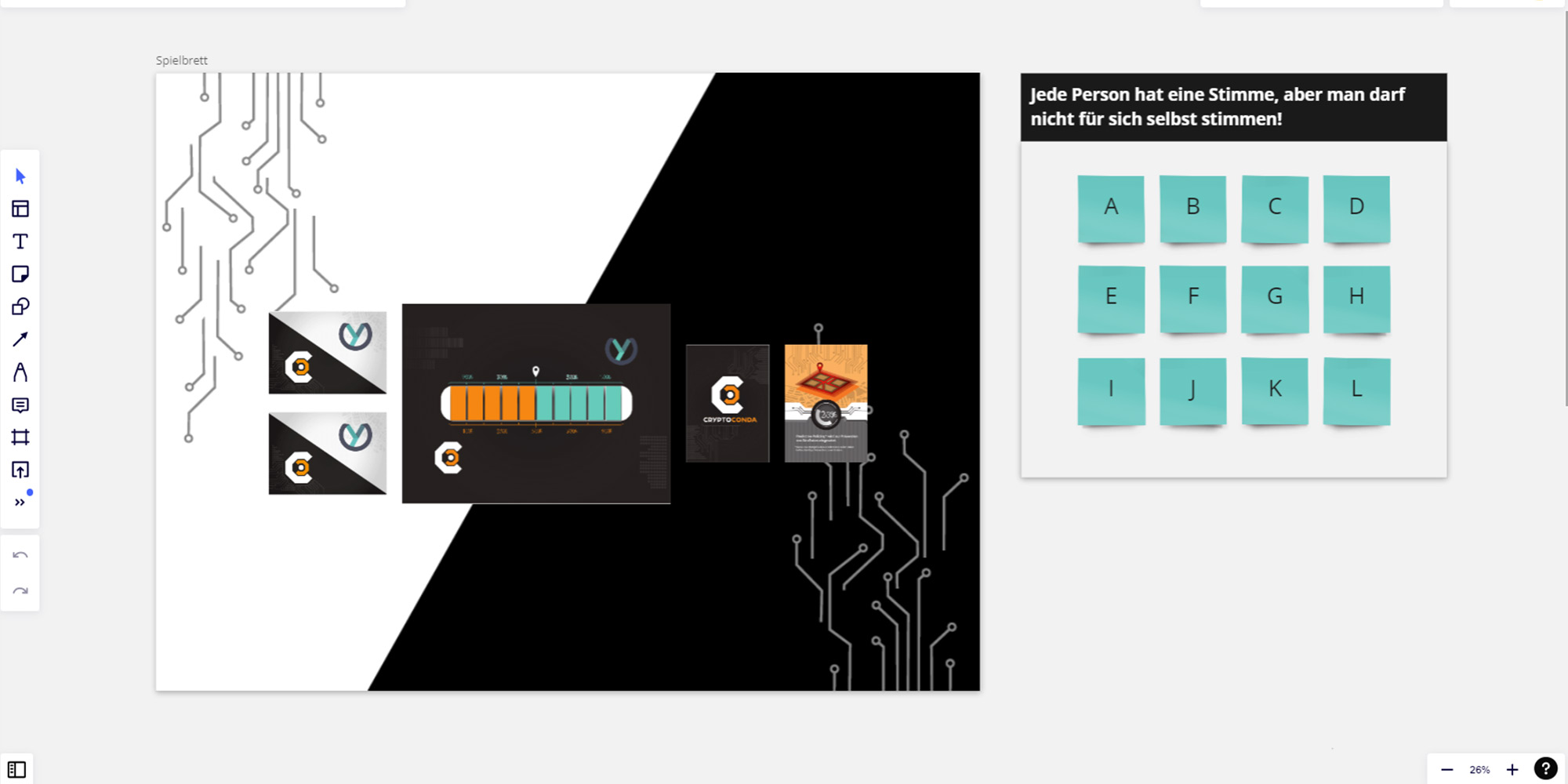
create your world TOUR: Generation Y – Sonja Groiss, Anna Kaufmann (AT). Photo: Sonja Groiss and Anna Kaufmann
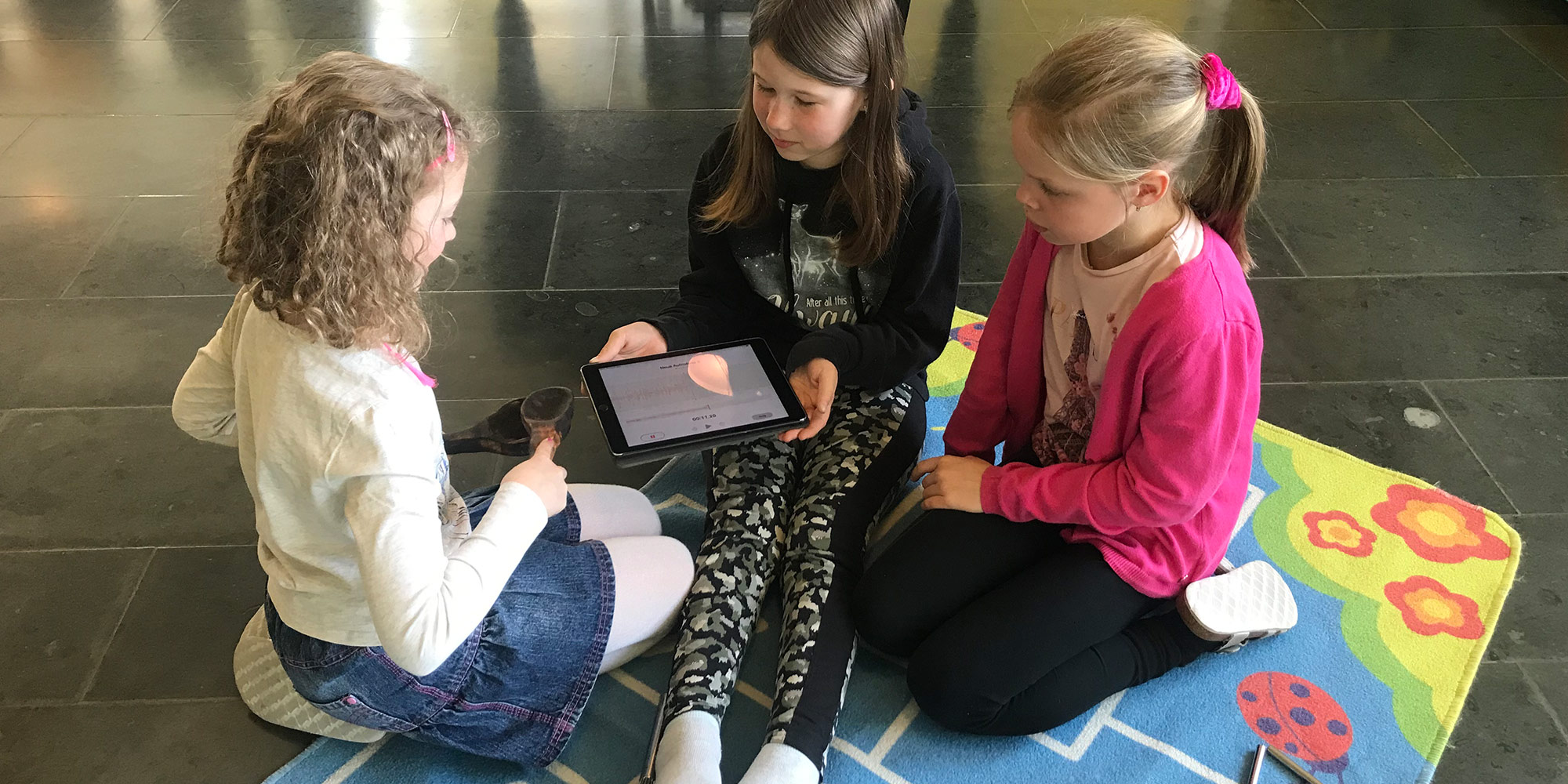
create your world TOUR: Insect stomp – Veronika Grossberger (AT). Photo: Nadja Auer
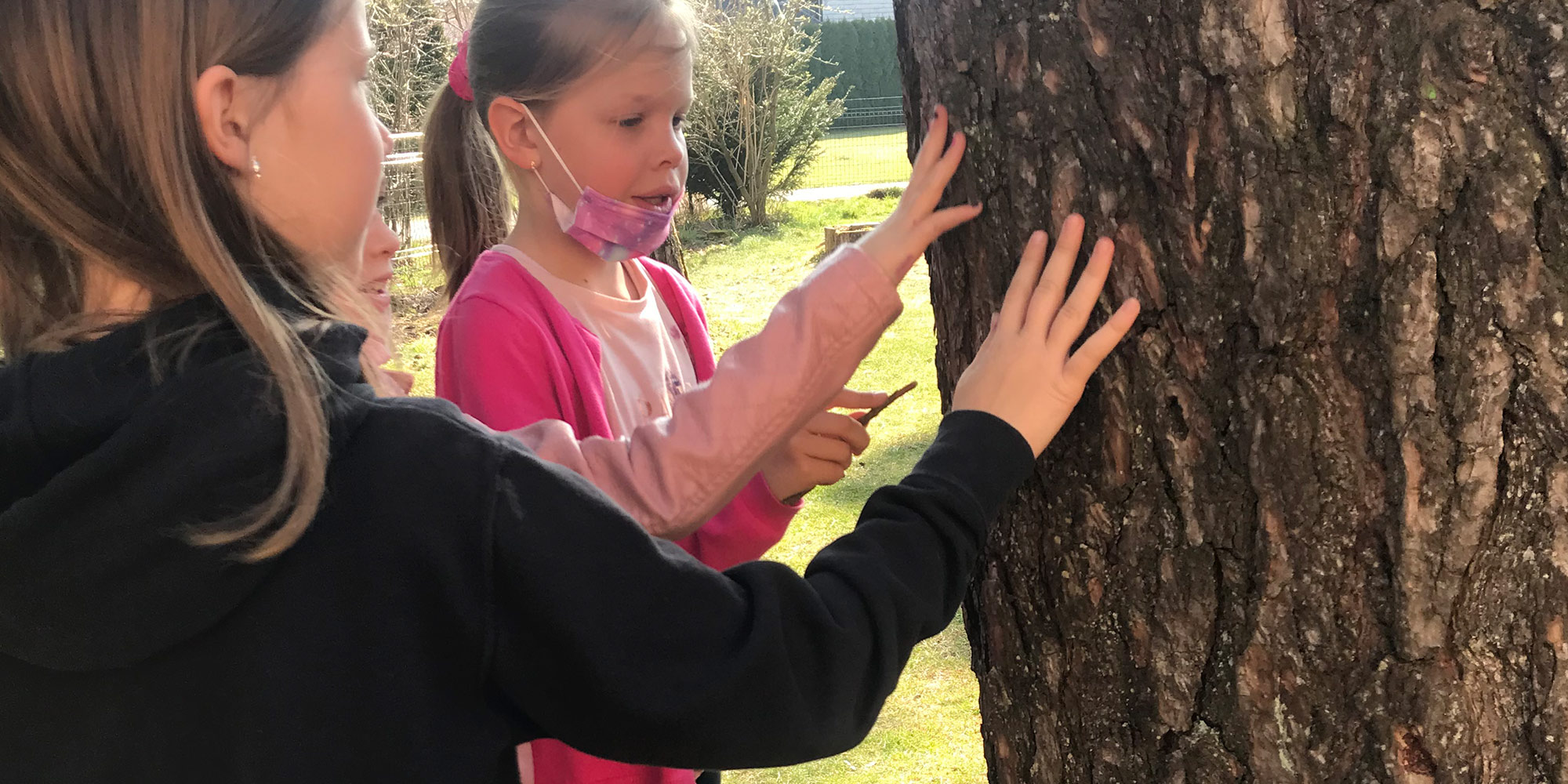
create your world TOUR: Insect stomp – Veronika Grossberger (AT). Photo: Nadja Auer
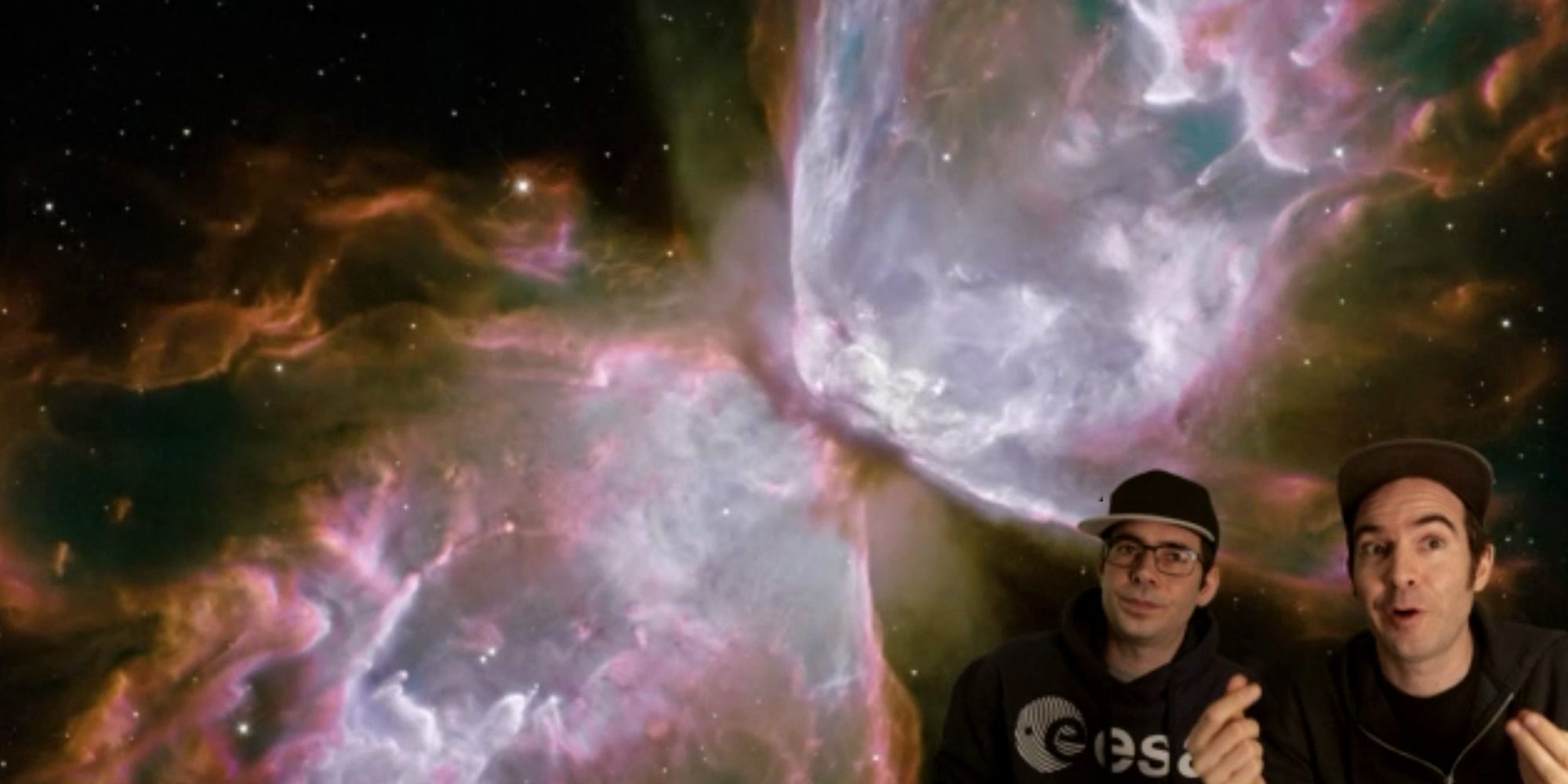
create your world TOUR: OMAi Space Workshop – OMAi / STEMarts Lab). Photo: Michael Mader
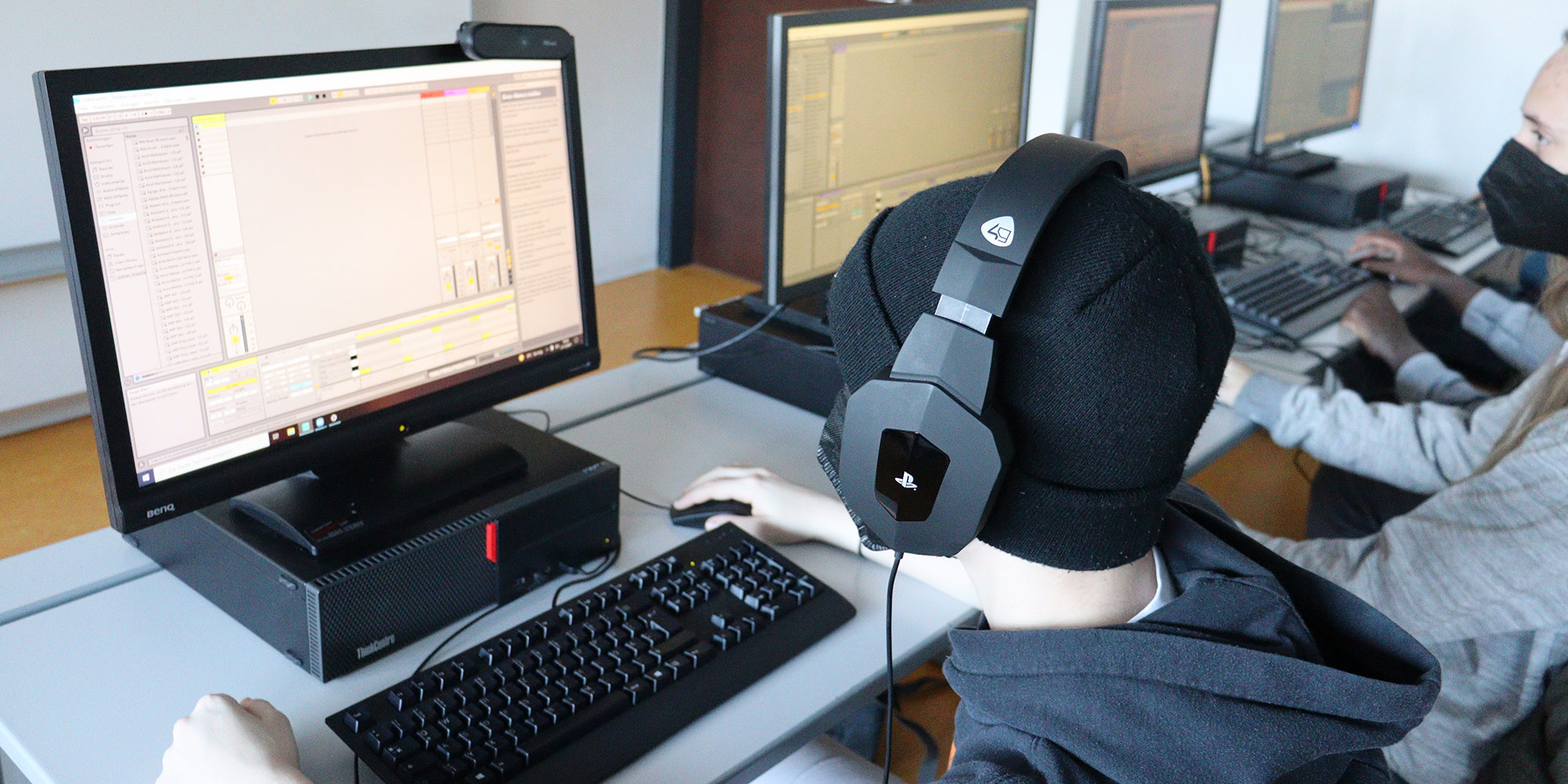
create your world TOUR: Produce your own beat! – Daniel Kohlmeigner (AT). Photo: Verena Hofer
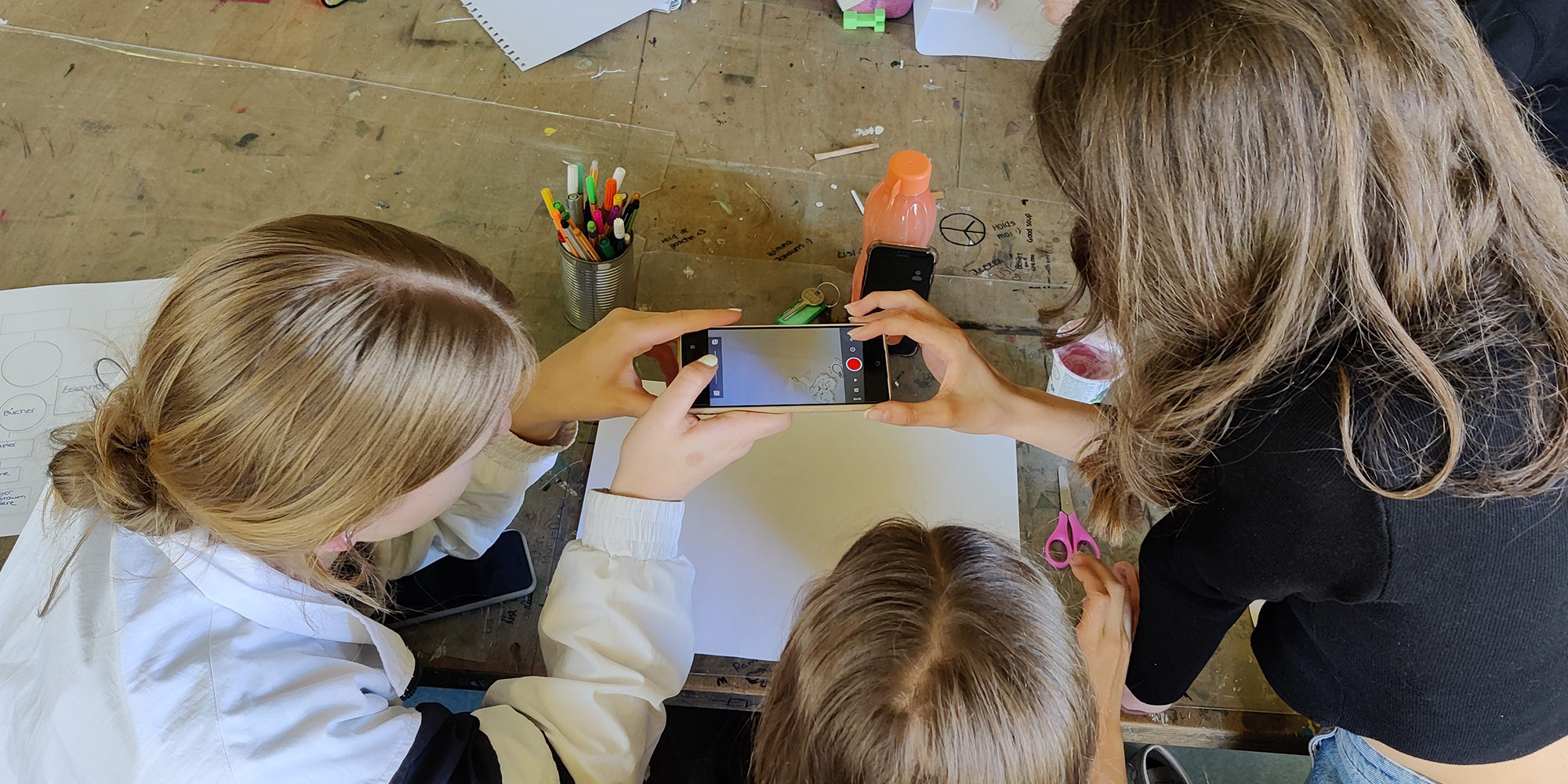
create your world TOUR: Climate Change in Stop Motion. Tell your Story! – L. Vanessa Gruber (AT), Michaela Schober (AT). Photo: Katharina and Wolfgang Hoffelner
ZurückWeiter
Open Science Hub Network (INT) supports schools and local stakeholders to use research and innovation as a tool for tackling local challenges and contributing to sustainable community development. Local OSHubs work as mediators in each local community, positioning schools as active agents for collaboration between families, universities, research institutes, industry, enterprises, media, local governments, civil society organizations, and wider society, by engaging in real-life projects that meet societal needs.

European Union´s Horizon 2020 research and innovation programme
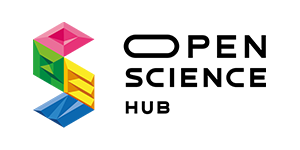
OSHub

MIC – managing international customs & trade compliance

Bundesministerium für Bildung, Wissenschaft und Forschung
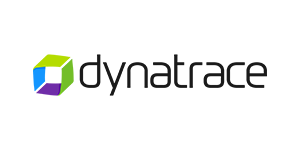
Dynatrace
The create your world tour is presented within the framework of the OSHub project that has received funding from the European Union’s Horizon 2020 Framework Programme for Research and Innovation under grant agreement No. 824581.
